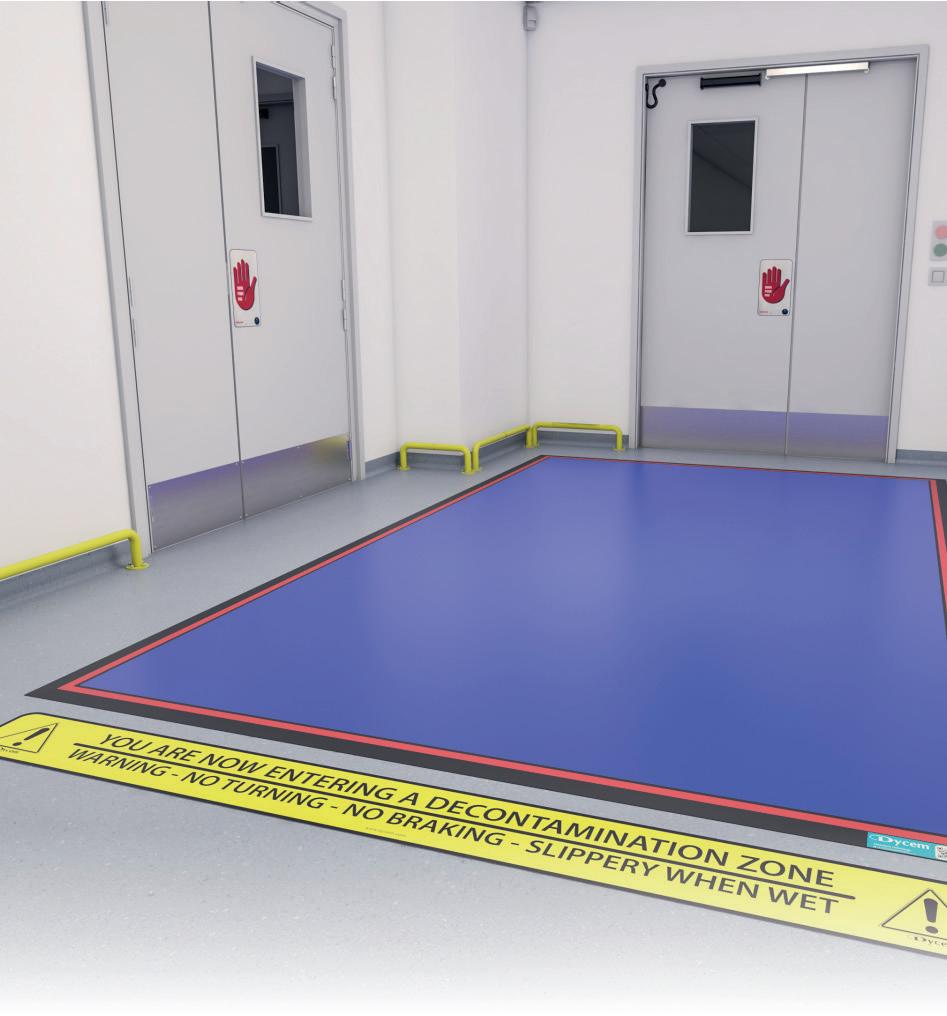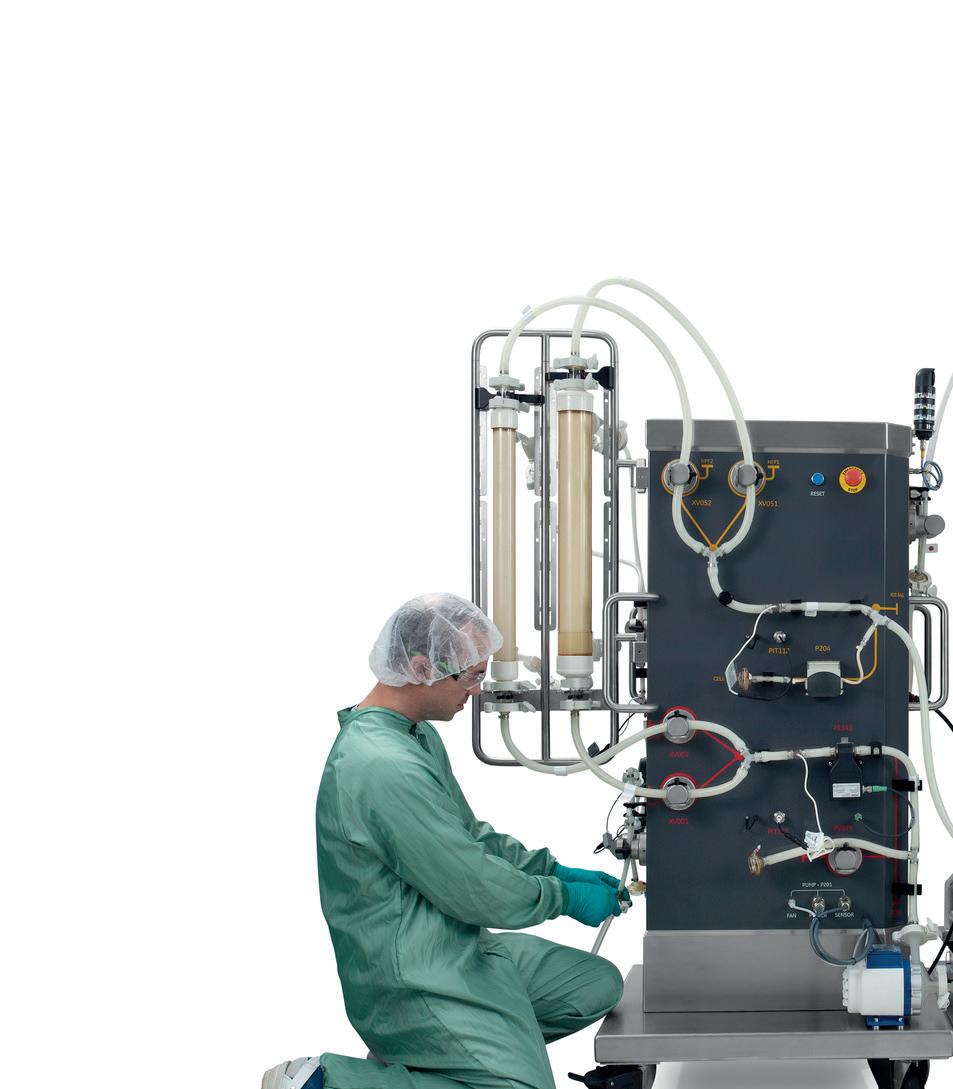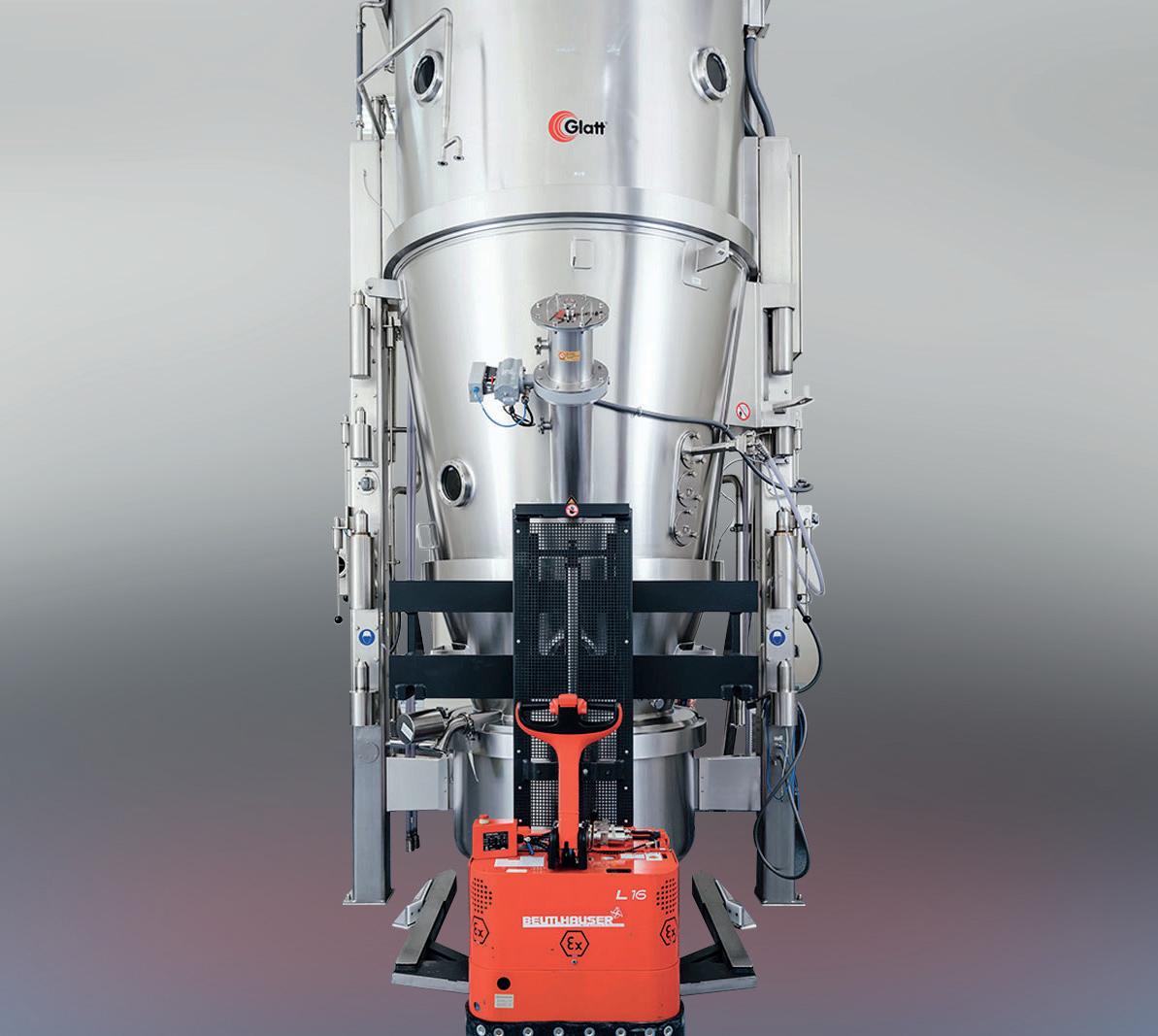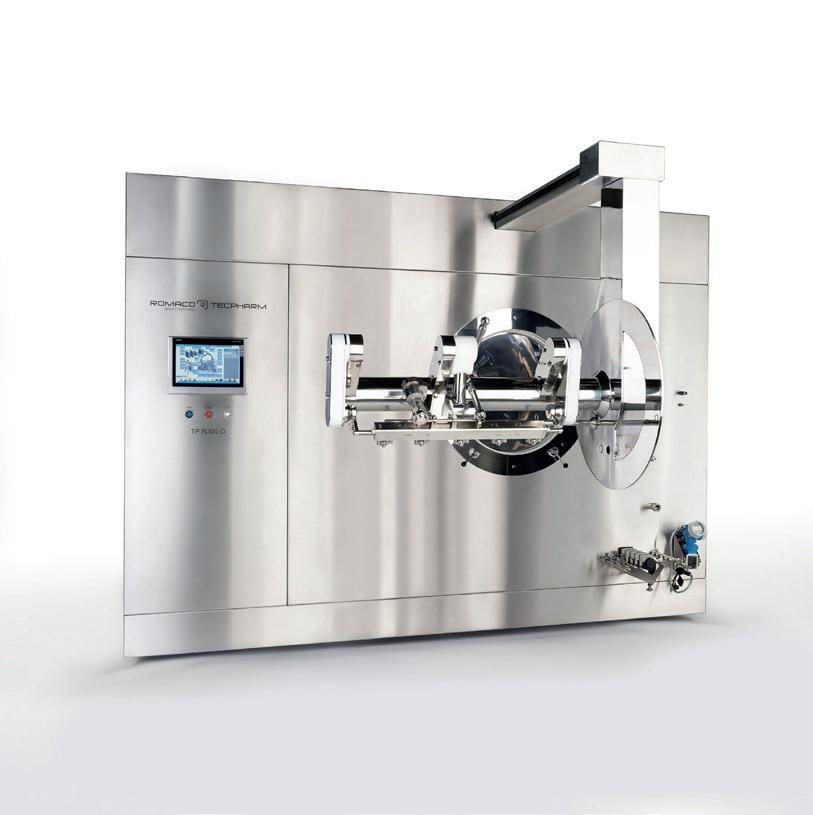
3 minute read
Alnylam
from EPM July/August 23
by EPM Magazine
Reports Updated Positive Interim Phase 1 Results in Development for Alzheimer’s Disease and Cerebral Amyloid Angiopathy
Alnylam Pharmaceuticals have announced an updated positive interim result for the ongoing single ascending dose portion of the Phase 1 study of ALN-APP, an investigational RNAi therapeutic targeting amyloid precursor protein (APP) in development for the treatment of Alzheimer’s disease and cerebral amyloid angiopathy (CAA). ALN-APP is being developed in collaboration with Regeneron Pharmaceuticals. The results were presented at the 2023 Alzheimer’s Association International Conference (AAIC) being held July 16-20, 2023, in Amsterdam, The Netherlands. ALNAPP is the first clinical-stage program using Alnylam’s proprietary C16-siRNA conjugate platform for central nervous system (CNS) delivery and the first investigational RNAi therapeutic to demonstrate gene silencing in the human brain.
Twenty patients with early-onset Alzheimer’s disease have been enrolled in three single-dose cohorts in Part A of the ongoing Phase 1 study. In this study to date, single doses of ALN-APP, which are administered by intrathecal injection, have been well
The Medicines and Healthcare products Regulatory Authority has provided regulatory approval to see whether a novel psilocin prodrug can treat major depressive disorder when combined with therapy. The trial, designed by Clerkenwell Health, will be delivered in their London facility. The treatment will enable patients to stay on their antidepressants for the trial.
The trials will combine dosages of the psilocin-based drug with specialist therapy, delivered by Clerkenwell’s own trained therapists.
The trials come at a time when innovative ways to treat depression are sorely needed. Statistics show that one in four people taking antidepressants in the UK have done so for more than five years.
Tom McDonald, CEO at Clerkenwell Health, said: “We are incredibly excited to be given the green light for this trial to explore this innovative treatment and help millions of people. Our work with Mindset is part of a suite of trials we’re planning to undertake in the next 12 months, to test the potential of psychedelicsrelated medicines for complex mental health and central nervous system.” tolerated. All adverse events were mild or moderate in severity. Cerebrospinal fluid (CSF) white blood cell count and total protein levels showed no remarkable elevations from baseline. Routine laboratory assessments (hematology, serum chemistry, liver function, urinalysis, coagulation) as well as preliminary data for the exploratory biomarker neurofilament light chain (NfL) did not reveal any significant abnormalities. Patients treated with a single dose of 75mg ALN-APP experienced a rapid and sustained reduction in cerebrospinal fluid of both soluble APPα (sAPPα) and soluble APPβ (sAPPβ), biomarkers of target engagement, with maximum reductions of 84% and 90%, respectively. Mean reductions in sAPPα of greater than 55% and sAPPβ greater than 65% were sustained at 6 months after a single dose. Additional results can be seen in the presentation on Capella. “We’ve known for decades that mutations that increase APP production, or alter its proteolysis, cause early-onset Alzheimer’s disease, early-onset CAA or both,” said Dr. Sharon
The drug being used in the trial, titled MSP-1014, has been designed by Mindset Pharma, a drug discovery and development company focused on creating optimised next-generation psychedelic medicines to treat neurological and psychiatric disorders with unmet needs.
MSP-1014 is anticipated to exert similar efficacy to psilocybin in improving symptoms of depression.
Preclinical studies comparing MSP-1014 to psilocybin suggest that the tolerability of MSP-1014 may be superior to psilocybin.
Cohen, MD, FRCPC, Neurologist and Medical Director, Toronto Memory Program. “These Phase 1 results show that a single dose of ALN-APP can rapidly reduce APP production and that this effect is sustained at 6 months. Given the critical need for new and better treatments for AD and CAA, these results are promising, and the approach warrants further study.”
Further exploration of single doses of ALN-APP is ongoing in Part A. In addition, the safety review committee has recommended initiation of Part B, the multiple-dose part of the study. Part B will enroll patients from Part A and has already received regulatory approval to proceed in Canada, where the majority of the Part A clinical trial patients were enrolled. The multiple dose part of the study remains on partial clinical hold in the U.S. due to findings observed in prior nonclinical chronic toxicology studies.
In addition to ALNAPP, Alnylam and Regeneron have named 10 targets in the CNS as part of their exclusive collaboration established in 2019 to discover RNAi therapeutics for eye and CNS diseases.











